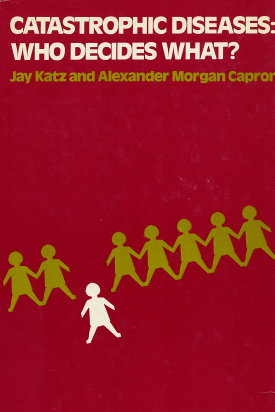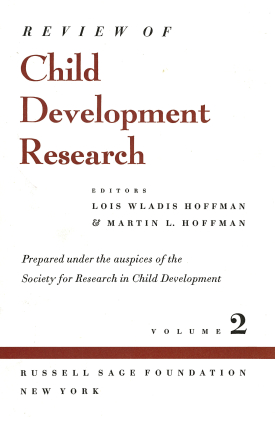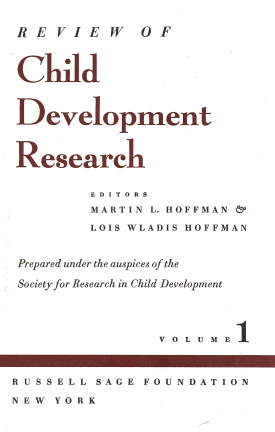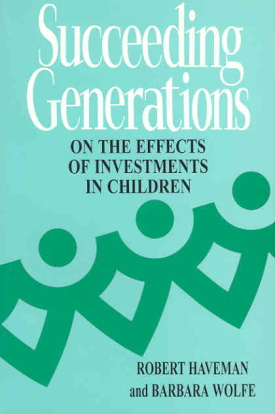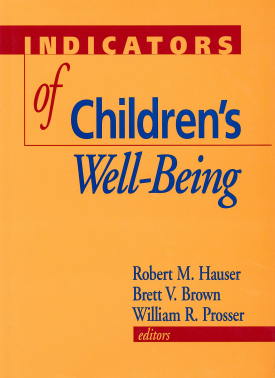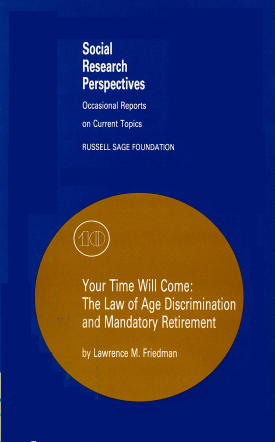
Time and Decision
About This Book
How do people decide whether to sacrifice now for a future reward or to enjoy themselves in the present? Do the future gains of putting money in a pension fund outweigh going to Hawaii for New Year's Eve? Why does a person's self-discipline one day often give way to impulsive behavior the next? Time and Decision takes up these questions with a comprehensive collection of new research on intertemporal choice, examining how people face the problem of deciding over time.
Economists approach intertemporal choice by means of a model in which people discount the value of future events at a constant rate. A vacation two years from now is worth less to most people than a vacation next week. Psychologists, on the other hand, have focused on the cognitive and emotional underpinnings of intertemporal choice. Time and Decision draws from both disciplinary approaches to provide a comprehensive picture of the various layers of choice involved.
Shane Frederick, George Loewenstein, and Ted O'Donoghue introduce the volume with an overview of the research on time discounting and focus on how people actually discount the future compared to the standard economic model. Alex Kacelnik discusses the crucial role that the ability to delay gratification must have played in evolution. Walter Mischel and colleagues review classic research showing that four year olds who are able to delay gratification subsequently grow up to perform better in college than their counterparts who chose instant gratification. The book also delves into the neurobiology of patience, examining the brain structures involved in the ability to withstand an impulse.
Turning to the issue of self-control, Klaus Wertenbroch examines the relationship between consumption and available resources, showing, for example, how a high credit limit can lead people to overspend. Ted O'Donoghue and Matthew Rabin show how people's awareness of their self-control problems affects their decision-making. The final section of the book examines intertemporal choice with regard to health, drug addiction, dieting, marketing, savings, and public policy.
All of us make important decisions every day-many of which profoundly affect the quality of our lives. Time and Decision provides a fascinating look at the complex factors involved in how and why we make our choices, so many of them short-sighted, and helps us understand more precisely this crucial human frailty.
GEORGE LOEWENSTEIN is professor of economics and psychology, Department of Social and Decision Sciences, Carnegie Mellon University.
DANIEL READ is reader in operational research, London School of Economics and Political Science.
ROY F. BAUMEISTER is the Eppes Professor of Psychology, Florida State University.

